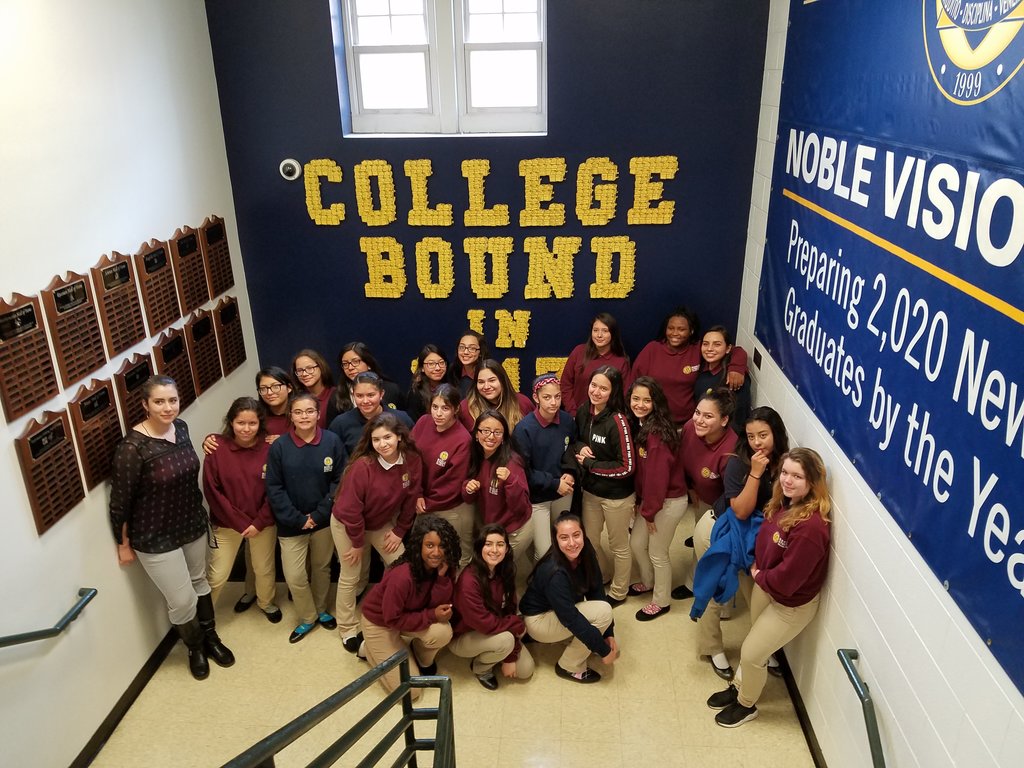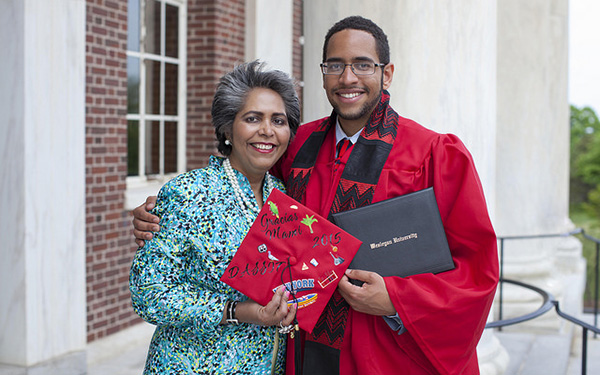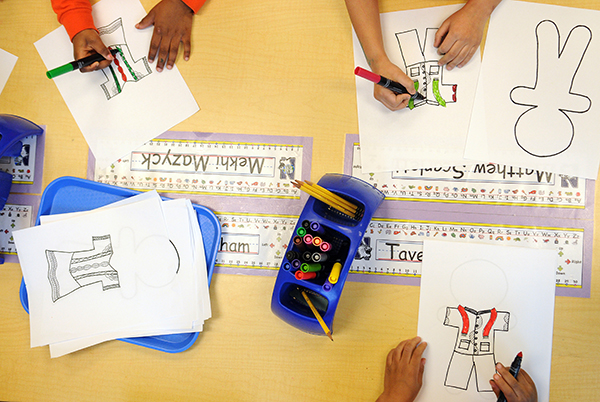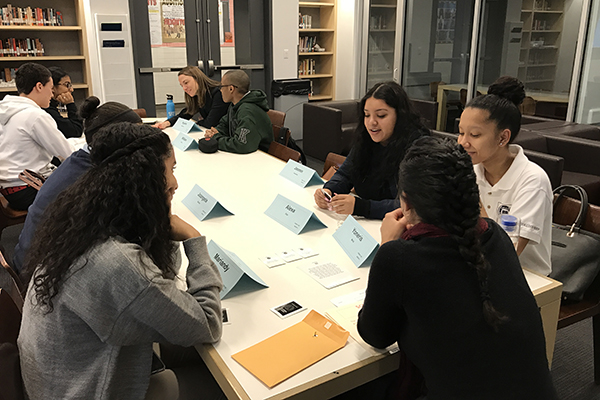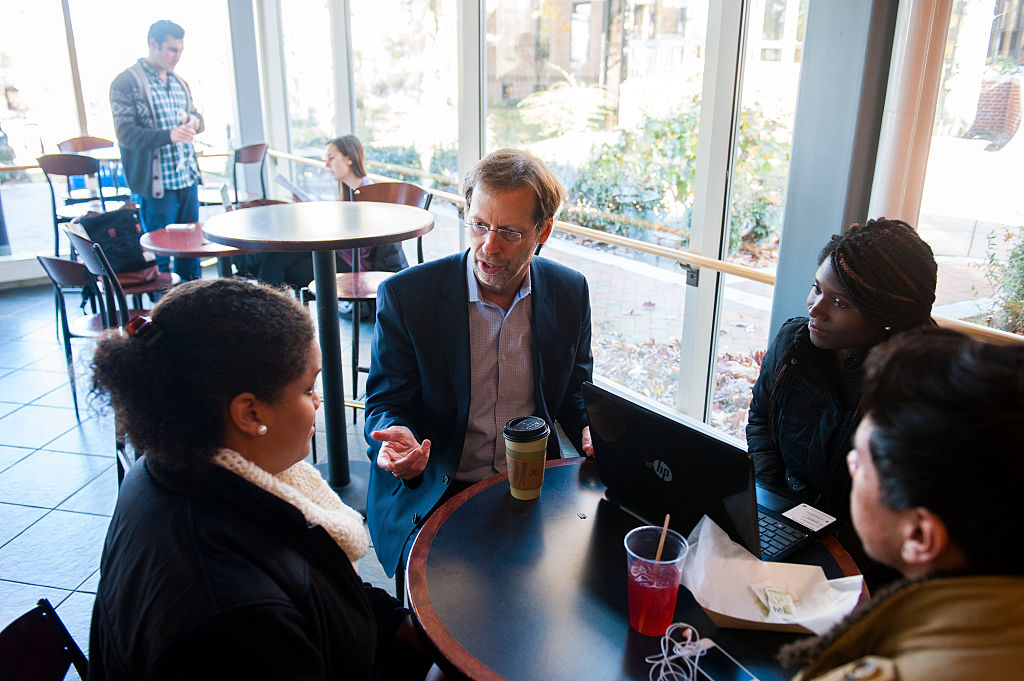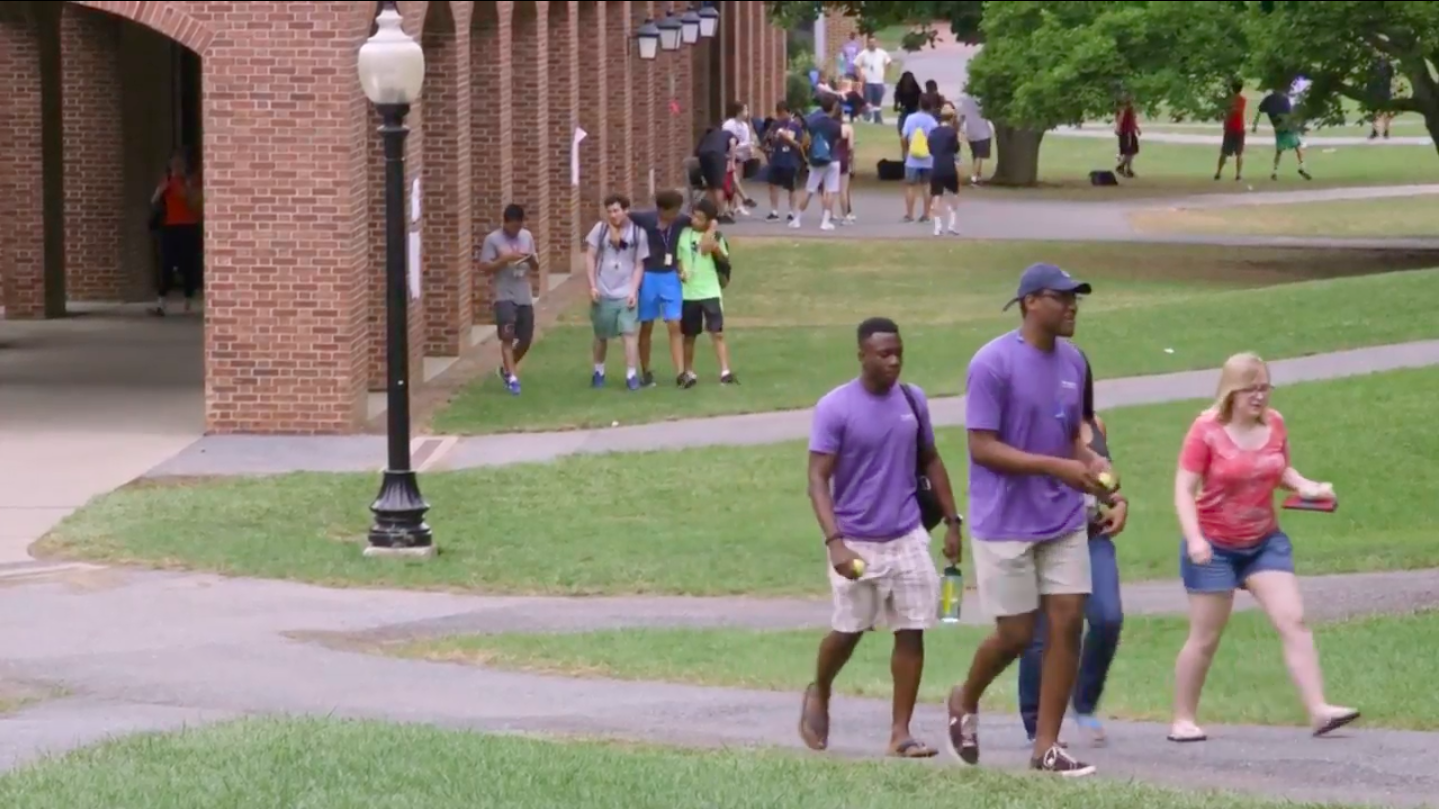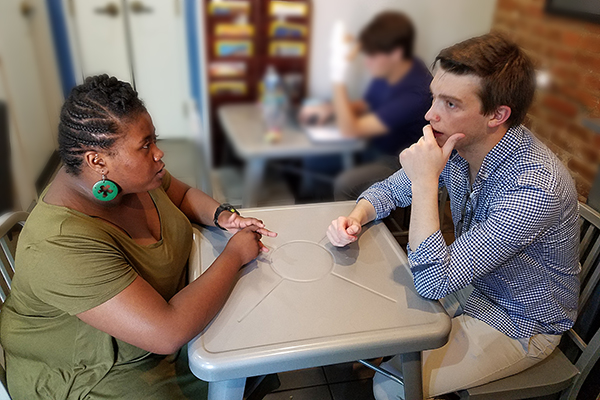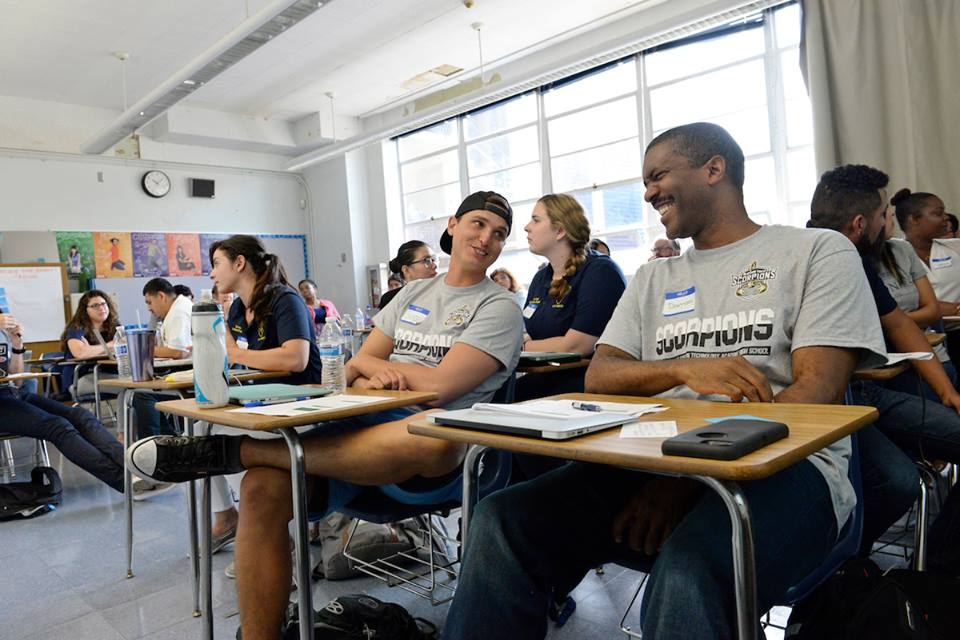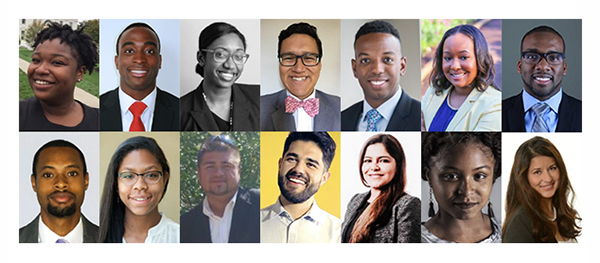Rice: Why I Care — How Charter Schools Helped Turn My Town Around
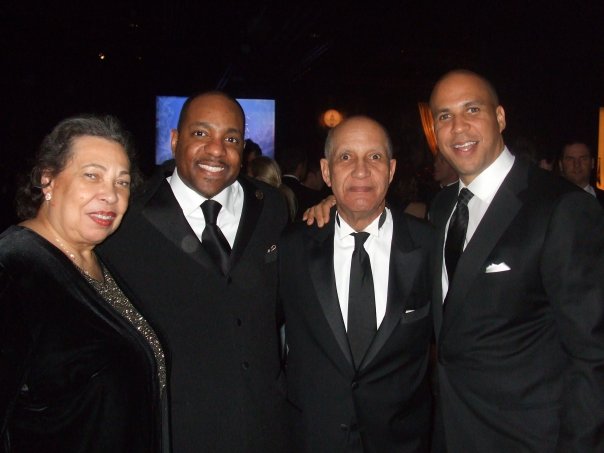
Ron Rice (second from left), senior director of government relations for the National Alliance for Public Charter Schools, with U.S. Sen. Cory Booker (far right) and his parents. (Photo credit: Ron Rice)
When I was elected to the Newark City Council in 2006 with my political teammate, newly elected mayor (and now U.S. Sen.) Cory Booker, voters looked to us to reform everything — including what had been a struggling public school district. The people who elected us wanted change, and they wanted it fast despite the fact that city government had no legal authority to unilaterally and directly bring changes to the school district. Four-year terms don’t allow a lot of time to alter the course of an education institution with a billion-dollar budget, but we were going to try: Too much was at stake if we didn’t.
In 1995, the state of New Jersey issued a Comprehensive Compliance Investigation report that called the Newark school district “at best flagrantly delinquent and at worst deceptive in discharging its obligations.” School board members did not receive a salary, but were allowed to have an expense account and food accounts at some of the city’s finest restaurants. By the time we were elected 11 years later, control of Newark’s schools had been handed over to the state. Some things had improved under state operation — much of the top-level misfeasance was eliminated — but students remained underserved. Over two-thirds of the district’s eighth- and 11th-graders were failing to meet proficiency on the state’s basic skills test.
The work that lay ahead of us was significant and urgent.
We began by partnering with the community and the district to increase investment and philanthropic support for all public schools, and change the academic and life trajectory of all public school students. This included Newark’s children in charter schools, district schools, and magnet schools.
There are many ways to improve public school systems, and one lever that we saw having success in cities across the country — that served populations similar to Newark and faced many of our same challenges — was increasing access to charter schools. Charter schools’ autonomy allowed for more creativity and flexibility in the classroom, and while we invested in many different programs, charter schools produced the fastest and most dramatic results for students.
To help strengthen Newark classrooms and neighborhoods, then-Mayor Booker raised over $20 million to create the Newark Charter School Fund, which has produced, in my humble opinion, some of the best charter schools in the nation. We welcomed single-site, black-created and -run schools such as Adelaide Sanford and Marion P. Thomas charter schools. Successful nonprofit networks like KIPP and Uncommon Schools — who are not only graduating more students from high school, but supporting their students through college — joined our community. Since 2008, 23 public charter schools have opened in Newark, bringing the total to 48, in no small part thanks to the Newark Charter School Fund.
To further ensure accountability and equal educational opportunity in Newark, the district transitioned to a universal enrollment system. Parents can now choose the public school for their children, district or charter, that best meets their individual needs through an online portal that lays out all of their public school options. This transition to a universal enrollment system made it easier for parents to access their educational options, which was crucial to giving every student in the city a fair opportunity to attend a high-quality public school.
With these pillars of access and accountability, the Newark public charter schools of today are equipping their students with the knowledge and critical thinking skills to be successful in school, work, and life. This is good news for the 31 percent of Newark’s public school students whom charter schools educate. According to a 2015 study from Stanford University’s Center for Research on Education Outcomes, 77 percent of Newark charter schools outperformed district schools in math, and 69 percent outperformed district schools in language arts.
“All of the charter schools in the study either outperformed or showed no statistical difference when compared to traditional schools,” the report reads. Newark’s charter sector is the second-highest-performing group in the nation. It is a new day in the city, and for the first time in over 20 years, the Newark school district is returning to local control. Furthermore, based off Newark’s most recent scores on the Quality Single Accountability Continuum, the state’s monitoring and evaluation system, Newark public schools as a whole are now considered high-performing.
Charter schools did not turn around Newark on their own. In fact, since 2011, the lowest-performing district and charter schools have been closed or redesigned to increase student outcomes. But what charter schools have done is contributed more high-quality schools to Newark’s broader public school ecosystem. Today, 36 percent of Newark high school students benefit from attending another public choice option: magnet programs.
According to Newark Public Schools Superintendent Chris Cerf, “Steady progress in every important metric, including dramatically improved graduation rates, increased reading and math performance and the closing of the racial and economic achievement gap” is happening in Newark. This trend, Cerf said, is “directly attributable to the district’s decision to empower parents with public school choice and to focus relentlessly on the twin values of school performance and equitable access to quality options.”
Improving Newark’s schools was no easy feat. It was long and complicated and an uphill battle — one Newark’s leaders continue to fight today. So to friends and critics alike who ask why I care so much, it’s because this is personal for me.
As a public school student in Newark who never saw anything less than an “A” on my report card, I can still remember testing two years deficient in math on the entrance exam to attend The Pingry School, my high school alma mater and one of the best private schools in the nation. I don’t want any child from my city to study hard every night and still not be prepared at the level of their peers in wealthier districts. I also do not want the children I represented to be forced to attend schools that many in elected leadership would never send their own children to. I owed it to my community — then and now — to fight to make our public schools the best they could be, no matter the delivery system.
I believe that the best days of Newark Public Schools are ahead. And I hope that the city’s leaders will continue to fight for the future of our children. Support, replicate, and expand schools and programs that show they work. If not, we will lose the potential of this incredible generation of students.
Ron Rice is senior director of government relations for the National Alliance for Public Charter Schools. He was formerly elected to two terms as a city councilman in Newark, N.J.
Your Alumni
Story Here
We Recommend
-
Noble Network of Charter Schools: It’s Not Just About Going to College, It’s Also About Leaving to Learn Outside Chicago
-
King & Peiser: College Completion — Charter Schools as Laboratories
-
Q&A With UNCF CEO Michael Lomax: We’ve Got to Garner More Resources for Low-Income Kids for This Journey “To and Through” College
-
Gilchrist: My Charter School Saved My Life
-
Exclusive: Data Show Charter School Students Graduating From College at Three to Five Times National Average
-
WATCH: At Newark’s North Star Academy, 100% of the Class of 2017 Is Going to College
-
WATCH – The Alumni Tell Their Stories: College Gave Jadah Quick Upward Mobility
-
The Data Behind The Alumni: Unbundling Facts, Figures, and Caveats


